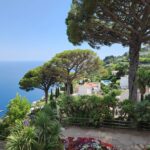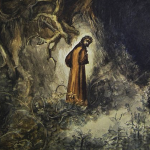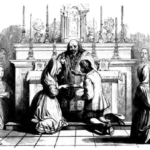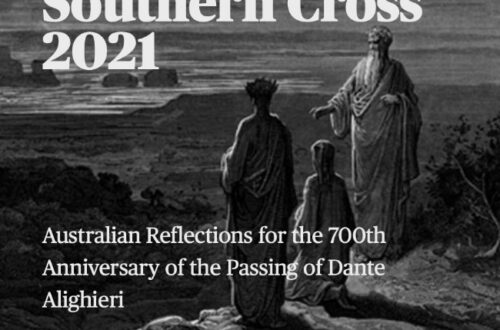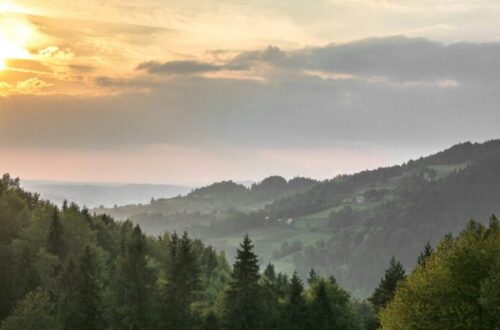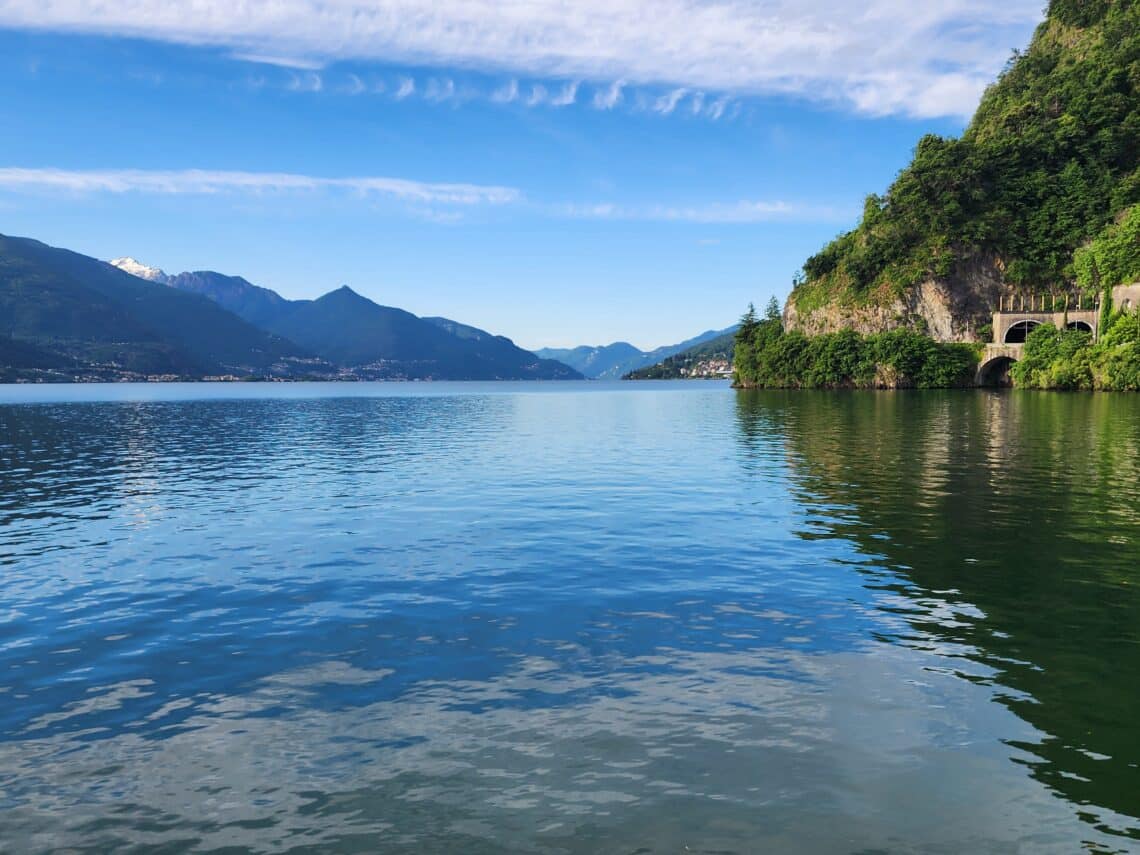
Alessandro Manzoni’s Farewell to Como
It’s no accident that Italy used to be many countries, as we discovered on a recent road trip around northern Italy. Even that subset of Italian landscapes is full of stunning contrasts. Mountains and sea and thousands of years of diverse horticulture create different environments wherever you go. The climate on the east of the Italian peninsula is drier and different to that on the west. The north is more influenced by the climate of the continent and the Alps. The south is bathed in Mediterranean waves and the Sirocco wind from the Sahara. Of course much is shared, and the swallows are certainly unfazed by such changes. For them it is all one, and you find them everywhere.
One of the places we visited on this latest trip was Lake Como. It is a different world to the vast Po plain that lies only a few miles to its south. Indeed, in the past “home” could be much closer. In Italian, the word “paese” can mean hometown or country, reminding us how people thought of the boundaries of home in the past. One of the most beautiful passages from Alessandro Manzoni’s celebrated novel I Promessi Sposi (the Betrothed), captures this particular sense, as well as capturing the universal sense of loss that migrants forced to leave home experience.
In Manzoni’s story, the heroine Lucia is pursued by henchmen of her nemesis, Don Rodrigo. Lucia, with her fiancé Renzo and her mother Agnese flee their home on the shores of Lake Como. We pick up the story as they is on the boat floating away. Lucia’s eye has just picked out Don Rodrigo’s castle on a slope in the distance.
Below is my translation of Manzoni’s passage, together with the original Italian.
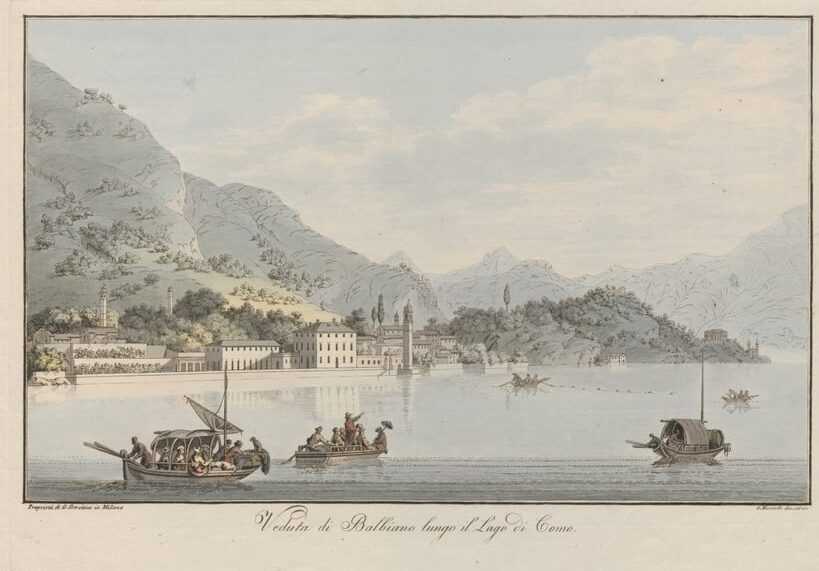
From Alessandro Manzoni’s The Betrothed: Lucia’s farewell to Lake Como
Lucia lo vide, e rabbrividì; scese con l’occhio giù giù per la china, fino al suo paesello, guardò fisso all’estremità, scoprì la sua casetta, scoprì la chioma folta del fico che sopravanzava il muro del cortile, scoprì la finestra della sua camera; e, seduta, com’era, nel fondo della barca, posò il braccio sulla sponda, posò sul braccio la fronte, come per dormire, e pianse segretamente.
Lucia saw it, and shivered. Her eye travelled down the slope, down to her village, right to its edge and staring she discovered her little home; discovered the luxuriant crown of the fig tree that overhung the wall of the courtyard, discovered the window of her room; and seated, as she was, in the bottom of the boat, her arm on the gunwale, she lowered her brow to her arm, as if to sleep, and secretly, she wept.
Addio, monti sorgenti dall’acque, ed elevati al cielo; cime inuguali, note a chi è cresciuto tra voi, e impresse nella sua mente, non meno che lo sia l’aspetto de’ suoi più familiari; torrenti, de’ quali distingue lo scroscio, come il suono delle voci domestiche; ville sparse e biancheggianti sul pendìo, come branchi di pecore pascenti; addio!
Farewell, oh summits surging from the waters, and rising to the skies; your ragged peaks, as familiar as faces of those most dear, so known and impressed upon the memory of one grown amongst you; the voices of your torrents as distinct to her as the voices of loved ones in the home, whitewashed villas scattered on your slopes, like flocks of grazing sheep; Farewell!
Quanto è tristo il passo di chi, cresciuto tra voi, se ne allontana! Alla fantasia di quello stesso che se ne parte volontariamente, tratto dalla speranza di fare altrove fortuna, si disabbelliscono, in quel momento, i sogni della ricchezza; egli si maraviglia d’essersi potuto risolvere, e tornerebbe allora indietro, se non pensasse che, un giorno, tornerà dovizioso.
How mournful the step of one who, grown amongst you, departs! Dreams of wealth, at that moment, fade in the imagination of the voyager who had set out voluntarily, drawn by hope of distant fortune. They marvel that they could have ever decided to leave, and would turn back, if they did not think that one day they will return, enriched.
Quanto più si avanza nel piano, il suo occhio si ritira, disgustato e stanco, da quell’ampiezza uniforme; l’aria gli par gravosa e morta; s’inoltra mesto e disattento nelle città tumultuose; le case aggiunte a case, le strade che sboccano nelle strade, pare che gli levino il respiro; e davanti agli edifizi ammirati dallo straniero, pensa, con desiderio inquieto, al campicello del suo paese, alla casuccia a cui ha già messo gli occhi addosso, da gran tempo, e che comprerà, tornando ricco a’ suoi monti.
The further he advances in the plain, the more his eye withdraws, wearied and repulsed by that uninterrupted wideness. The air seems heavy and lifeless. He becomes saddened and distracted in the crowded cities, house packed against house, street disgorging on street. Breath itself seems stolen away. Before the palaces admired by travellers, he recalls, with disquieted longing, the meadows of his homeland, the little house which he had already spied out, and which in good time, he will purchase, when he returns wealthy to his mountains.
Ma chi non aveva mai spinto al di là di quelli neppure un desiderio fuggitivo, chi aveva composti in essi tutti i disegni dell’avvenire, e n’è sbalzato lontano, da una forza perversa! Chi, staccato a un tempo dalle più care abitudini, e disturbato nelle più care speranze, lascia que’ monti, per avviarsi in traccia di sconosciuti che non ha mai desiderato di conoscere, e non può con l’immaginazione arrivare a un momento stabilito per il ritorno!
But she who has never passed beyond them, even in passing whim, who had invested in them all her future dreams, who had been torn far from them by perverse fortune! Who, in a moment, was shorn of her most cherished habits, whose dearest hopes were shattered, compelled to seek out strangers, whom she had never desired to meet, and who cannot imagine that she will ever return!
Addio, casa natìa, dove, sedendo, con un pensiero occulto, s’imparò a distinguere dal rumore de’ passi comuni il rumore d’un passo aspettato con un misterioso timore. Addio, casa ancora straniera, casa sogguardata tante volte alla sfuggita, passando, e non senza rossore; nella quale la mente si figurava un soggiorno tranquillo e perpetuo di sposa. Addio, chiesa, dove l’animo tornò tante volte sereno, cantando le lodi del Signore; dov’era promesso, preparato un rito; dove il sospiro segreto del cuore doveva essere solennemente benedetto, e l’amore venir comandato, e chiamarsi santo; addio! Chi dava a voi tanta giocondità è per tutto; e non turba mai la gioia de’ suoi figli, se non per prepararne loro una più certa e più grande.
Farewell, home of my birth, where seated, in my hidden thoughts, I learnt with mysterious trepidation to distinguish among the sounds of passersby that awaited footfall. Farewell, home still unknown, home so often snatched in furtive glances, as I passed by, not without a blush in my cheeks; where I had imagined I would pass peaceful and lasting days as bride. Farewell, church, from which my soul so many times returned serene, singing the praises of the Lord, where I was betrothed, and prepared for the marriage ceremony, where the secret sigh of my heart was to be solemnly blessed, and where love was decreed and called holy, farewell! He who gave me such serenity is for all; and never disturbs the happiness of his children, if not to prepare them for joys greater and more certain.
Di tal genere, se non tali appunto, erano i pensieri di Lucia, e poco diversi i pensieri degli altri due pellegrini, mentre la barca gli andava avvicinando alla riva destra dell’Adda.
If not precisely so, Lucia’s thoughts were of this kind, and little different were the thoughts of the other two travellers, as the boat brought them closer to the right bank of the Adda river.
Notes
The title of this article is a nod to Ernest Hemingway’s A Farewell to Arms, which is set in the alpine boundaries between Italy and Europe during World War 1. Part of the plot passes through Lago Maggiore (nearby Lake Como) and his pen portrait of the Italian soldiers who fought in the terrible “White War” is one of the strengths of his novel.
Images
Featured image taken by the auther 2 June 2024
Public domain image: A view of Balbiano on Lake Como Johan Anton Castell 1841


